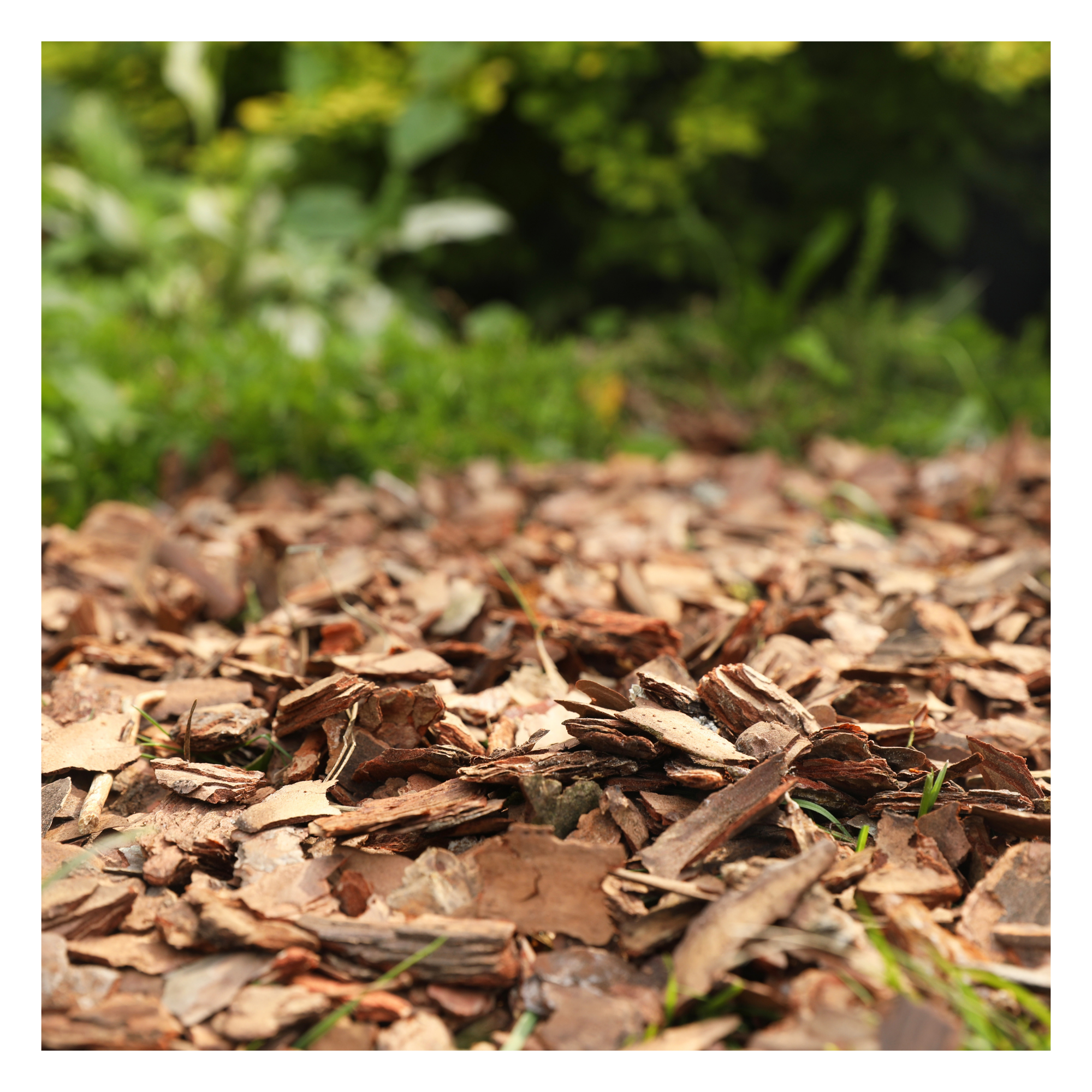Are you looking for a simple yet powerful way to make a positive impact on the environment from your own backyard? Mulching might be your answer.
It’s not just a gardening technique; it’s a secret weapon in the fight against climate change. By using natural materials to cover your soil, you can help reduce your carbon footprint, conserve water, and even improve the health of your plants.
Imagine playing a part in combating climate impacts simply by enhancing your garden’s beauty. Sounds intriguing, right? Dive into this article to discover how mulching can transform your gardening routine into an eco-friendly powerhouse.
Benefits Of Mulching
Mulching offers numerous benefits for both the environment and gardening. It’s a simple practice with impactful results. Mulching involves spreading organic or inorganic materials on the soil surface. This method enhances plant growth, soil health, and helps combat climate change.
Improved Soil Health
Mulching protects soil from erosion and nutrient loss. It helps retain moisture and maintains a stable soil temperature. Organic mulches decompose, adding nutrients to the soil. This enriches the soil, making it more fertile and productive.
Water Conservation
Mulching reduces water evaporation from the soil surface. It maintains soil moisture, reducing the need for frequent watering. This is crucial during dry spells and droughts, conserving water resources.
Reduction Of Weed Growth
Mulch acts as a barrier to sunlight, inhibiting weed growth. Fewer weeds mean less competition for nutrients and water. This results in healthier plants and less need for chemical weed control.
Temperature Regulation
Mulching keeps the soil temperature stable throughout the year. It cools the soil in summer and insulates it in winter. This protects plant roots from extreme temperature fluctuations.
Carbon Sequestration
Organic mulches like wood chips and leaves store carbon. This reduces greenhouse gases in the atmosphere. Mulching helps mitigate climate impacts by capturing carbon in the soil.
Improved Biodiversity
Mulched gardens attract beneficial insects and organisms. These improve soil structure and nutrient cycling. Biodiversity boosts plant health and reduces pest problems.
Mulching Techniques
Mulching is a simple yet effective technique for gardeners and farmers. It plays a key role in combating climate impacts. By understanding various mulching techniques, you can make informed choices. These choices benefit your garden and the environment.

Organic Mulching
Organic mulches include materials like straw, wood chips, and leaves. They enrich the soil as they decompose. This process improves soil health and structure. Organic mulches also retain moisture. This reduces the need for frequent watering.
Inorganic Mulching
Inorganic mulches consist of materials like stones and plastic sheets. They help control weeds effectively. These materials do not decompose. They provide a long-lasting solution for your garden. Inorganic mulches are ideal for pathways and decorative areas.
Sheet Mulching
Sheet mulching involves layering cardboard or newspaper with organic mulch. This technique suppresses weeds efficiently. It also enriches the soil over time. Sheet mulching is an eco-friendly option. It uses recycled materials.
Living Mulch
Living mulch consists of ground cover plants. These plants protect the soil. They reduce erosion and improve fertility. Clover and vetch are common living mulches. They fix nitrogen in the soil, enhancing plant growth.
No-till Mulching
No-till mulching avoids disturbing the soil. It maintains soil structure and biodiversity. This method reduces carbon emissions. It is beneficial for sustainable farming practices.
Each mulching technique offers unique benefits. Choose the method that best suits your garden needs. By doing so, you contribute to a healthier planet.
Role In Climate Resilience
Mulching plays a vital role in boosting climate resilience. It conserves soil moisture, reducing irrigation needs during dry spells. By insulating soil, it minimizes temperature fluctuations, aiding plant growth and survival.
Role in Climate Resilience
In today’s world, where climate change impacts are increasingly visible, finding ways to build resilience is crucial. Mulching, a simple yet effective gardening practice, plays a significant role in this effort. By helping the soil retain moisture, regulate temperature, and reduce erosion, mulching supports a more stable and resilient environment.
Preserving Soil Moisture
Mulching acts like a protective blanket over the soil, reducing water evaporation. This means your plants can thrive even during dry spells, as the moisture stays where it’s needed most. When you use organic materials, like straw or wood chips, you also feed the soil, enhancing its ability to retain water.
Regulating Soil Temperature
Temperature fluctuations can stress plants and disrupt their growth. Mulch acts as an insulator, keeping the soil cooler in the summer and warmer in the winter. This consistent environment helps plants remain healthy, even when external temperatures swing drastically.
Reducing Soil Erosion
Heavy rain can wash away precious topsoil, taking nutrients with it. Mulching helps prevent this by absorbing the impact of rain and slowing water runoff. By keeping the soil in place, it not only protects your garden but also prevents further environmental degradation.
Enhancing Soil Health
Healthy soil is the foundation of resilient ecosystems. Organic mulch breaks down over time, adding nutrients back into the soil. This process fosters beneficial organisms like earthworms, which enhance soil structure and fertility.
Promoting Biodiversity
A garden rich in biodiversity is naturally more resilient. Mulching can attract beneficial insects and create habitats for small creatures. This diversity can help in controlling pests and diseases, reducing your dependency on chemical interventions.
Your Role In Climate Resilience
Imagine turning your backyard into a climate-resilient haven. By adopting mulching practices, you contribute to a larger movement towards sustainability. It’s a small step that, when multiplied by many, can lead to significant change.
Are you ready to see how mulching can transform your garden while supporting our planet? Start small, observe the changes, and be a part of the solution to combat climate impacts.

Conclusion
Mulching can greatly help in fighting climate change. It improves soil health and reduces erosion. By retaining moisture, it conserves water. Mulch also regulates soil temperature. It supports plant growth and biodiversity. Mulching cuts down on chemical use by suppressing weeds.
This eco-friendly practice is simple and effective. Using mulch, we can all contribute to a healthier planet. Small actions like mulching make a big difference. Start mulching today for a sustainable future. Your garden will thrive, and the Earth will thank you.
Let’s nurture our planet with care and responsibility.



